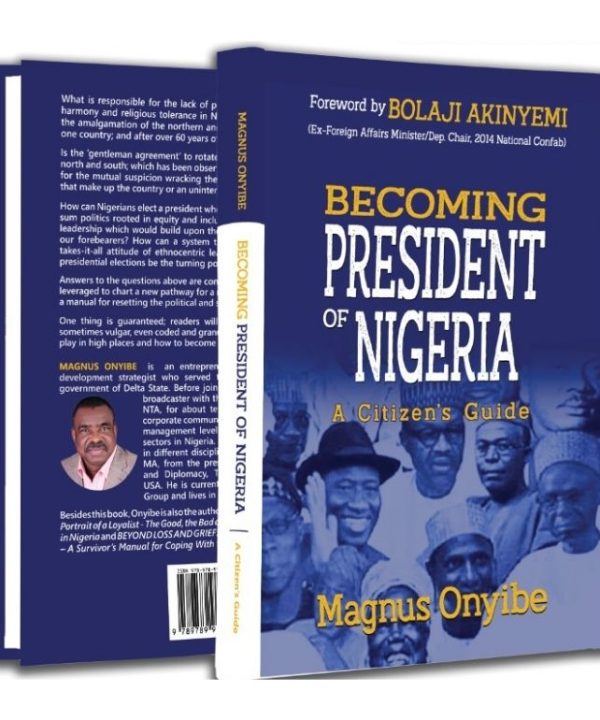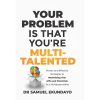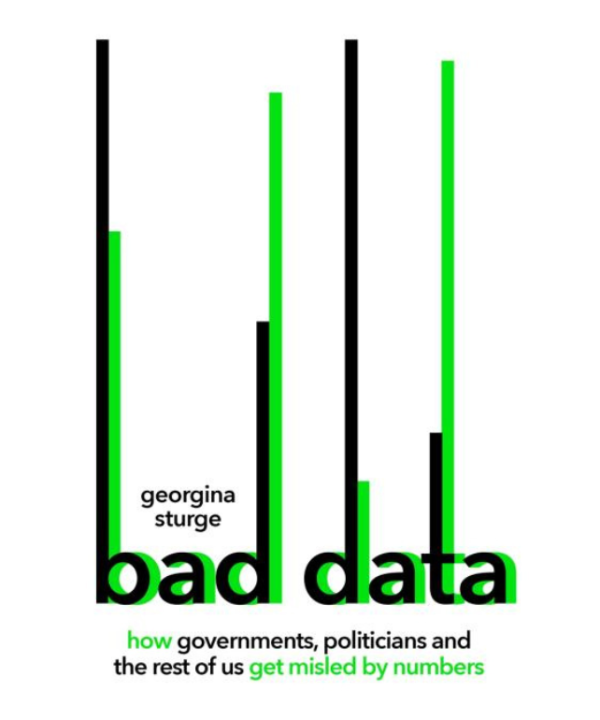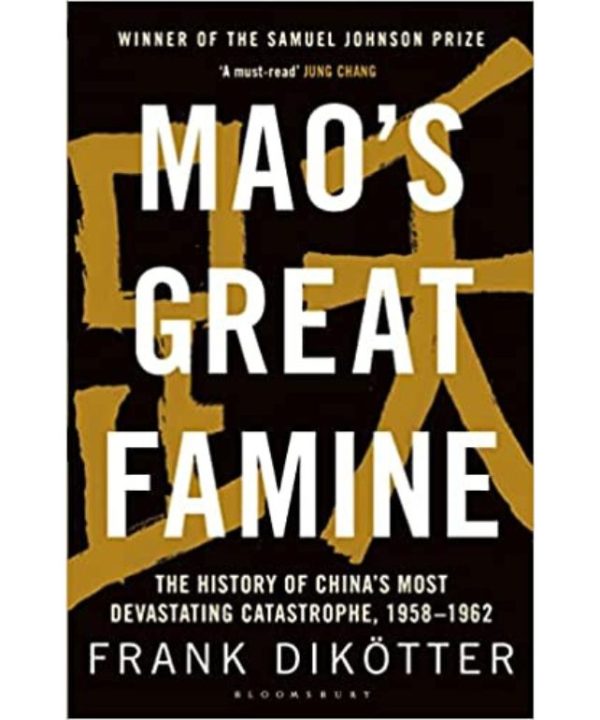-
×
 Becoming President of Nigeria
1 × ₦15,000.00
Becoming President of Nigeria
1 × ₦15,000.00 -
×
 Drive: The Surprising Truth About What Motivates Us
1 × ₦15,500.00
Drive: The Surprising Truth About What Motivates Us
1 × ₦15,500.00 -
×
 Purpose in Crisis
1 × ₦5,000.00
Purpose in Crisis
1 × ₦5,000.00 -
×
 Getting Mentorship Right
2 × ₦5,000.00
Getting Mentorship Right
2 × ₦5,000.00 -
×
 Never Play Games with the Devil by Tolu Akinyemi
1 × ₦4,000.00
Never Play Games with the Devil by Tolu Akinyemi
1 × ₦4,000.00 -
×
 Liberating Nigeria: A Guide to Winning Elections and Reviving Our Country
1 × ₦3,500.00
Liberating Nigeria: A Guide to Winning Elections and Reviving Our Country
1 × ₦3,500.00
You may be interested in…












Reviews
There are no reviews yet.